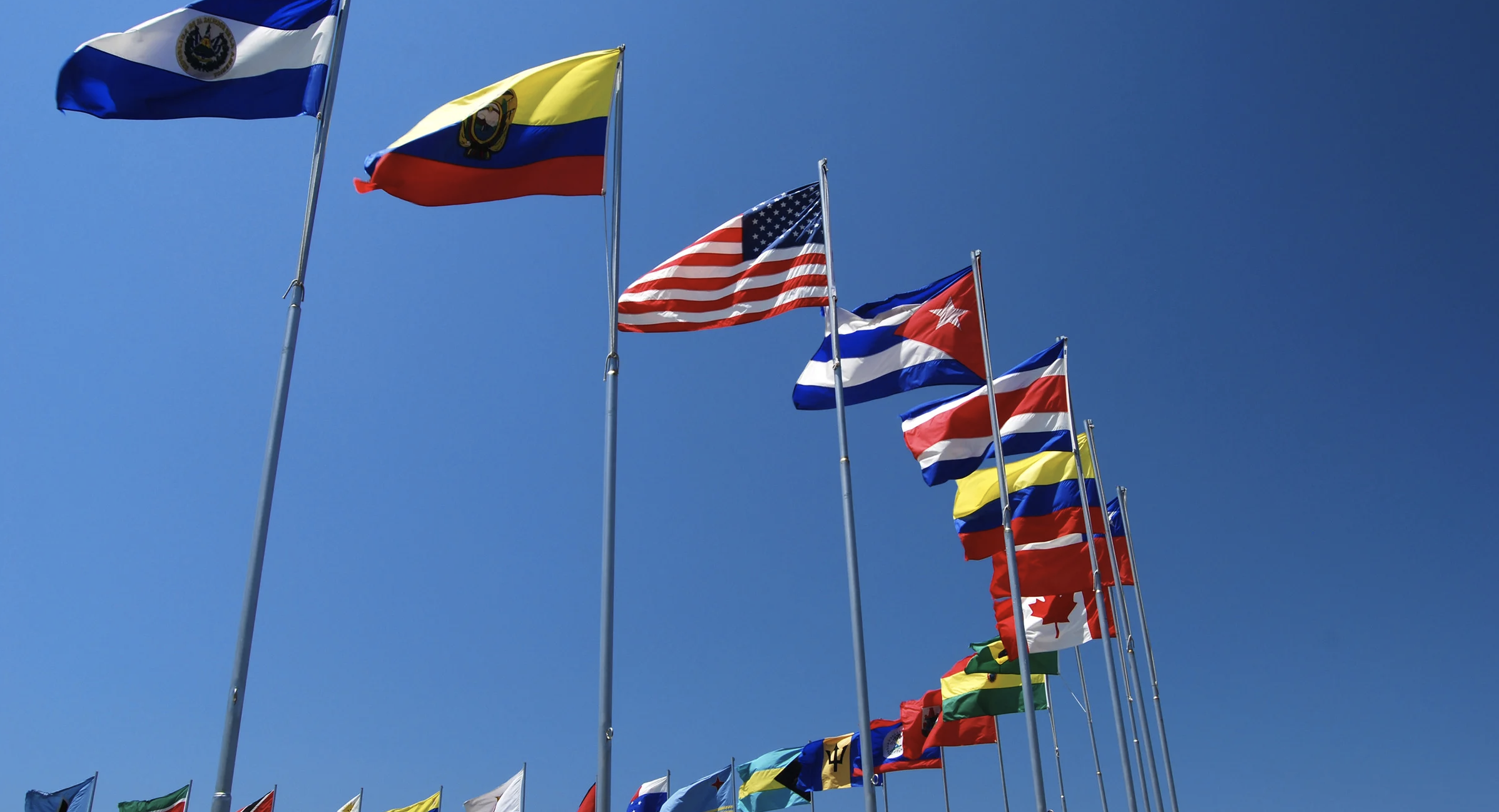In the three weeks of his second term, President Trump has given more attention to Latin America than most of his predecessors in the last 30 years.
The result may boost authoritarians in the region — right or left — and squash pro-democracy and pro-environment movements supported by the United States Agency for International Development (USAID) since the Obama administration.
According to several experts interviewed for this article, the aim of Trump’s “Latin America strategy” may be more transactional than ideological; while he has alienated America’s allies like Mexico and Colombia to push them into concessions regarding campaign issues like tariffs and migration, he has negotiated with authoritarians in other Latin countries, like Venezuelan President Nicolás Maduro, to achieve the same objectives.
“Trump has not attacked Nicaragua, Venezuela or even Cuba. His attacks have been against Panama, Colombia and US allies, but he seems to have no conflict with countries led by autocrats,” said Roger Lindo, a journalist and author based in El Salvador.
David Ayon, a political scientist and research fellow at Loyola Marymount University, said Trump’s prime aim is dominant influence over the region.
“Although he may not care much about Latin America, Trump wants to restore U.S. hegemony over Latin America. He believes in spheres of influence,” said Ayon. “He feels that if he has not come to intimidate and dominate his surroundings, including Canada, it will take away some of his strength.”
“It’s the Monroe doctrine incarnate in a new sheriff for the continent,” said Venezuelan political analyst Ricardo Moreno, describing it as a return of U.S. “hard power” in the form of expansionism, rather than “soft power” in the form of money disbursed through channels like USAID to support food aid, health care and regional democracy.
USAID managed over $40 billion in combined such international funds in 2023, according to the Congressional Research Service.
Recent “hard” policies under Trump include his announcing a name change of the Gulf of Mexico to the Gulf of America; vowing to return the Panama Canal to U.S. control in the name of “Manifest Destiny”; threatening 25% across-the-board tariffs on Mexico and Canada; and sending an envoy to meet with Venezuelan autocrat Maduro in exchange for six detained American hostages on the one hand, and the return of undocumented Venezuelan migrants in America to their origin country on the other.
On February 7, the Miami Herald reported that Harry Sargeant III, a Florida Magnate with close Republican Party ties, helped set up the meeting in Venezuela between Maduro and Trump’s envoy Richard Grenell.
Sargeant is a major GOP donor who has sought to expand prior oil and asphalt dealings with Venezuela.
Trump has had similar transactional dealings with Argentina’s right-wing populist President Javier Milei, and self-styled strongmen like El Salvador’s Nayib Bukele and Ecuador’s Javier Noboa. All have been compared to Trump in their countries due to their governing style.
Milei pulled out of the World Health Organization like Trump, and Bukele agreed to accept even foreign deportees and American criminals in his mega-jails.
Lindo added that El Salvador is currently buzzing with rumors that the Salvadorean military in Panama will help Trump’s efforts, as “Bukele is also interested in expanding his own influence in Central America.”
In Mexico, leftist President Claudia Sheinbaum used a recent morning news conference to telegraph to the Trump Administration the negative impact that his 25% tariffs on Mexican products would have on the U.S.
Raul Hinojosa, UCLA assistant professor of Chicana and Chicano Studies, explained that Sheinbaum “said, for instance, that the tariffs would add $4,000 or $5,000 per pickup truck that people in the U.S. drive, many in rural areas. That stopped the conversation.”
He continued that Sheinbaum didn’t concede much, and he doubted blanket tariffs would be imposed in the long run: “I think that Trump knows the economic ramifications of tariffs.”
However, Ayon added, Sheinbaum had to cede to the issue of immigration with Trump because the North American Free Trade Agreement (NAFTA) “comes up for renegotiation in 2026, and that’s a strong instrument to pressure Mexico. She had to relent”.
This second Trump Administration is not like the anti-communism-motivated fights of presidents like Nixon and Reagan, said the experts, but primarily motivated by the benefit of Trump himself and close colleagues like Elon Musk, whose first major attack with the Trump-established Department of Government Efficiency (DOGE), was against USAID.
Gimena Sanchez Garzoli, director for the Andes for the Washington Office on Latin America (WOLA), said this elimination of international aid is particularly destabilizing for democracy in Latin America.
“Much of that money was used to strengthen institutions, get people out of gangs and consolidate peace,”said Sanchez — “resources that you need to stabilize a democracy by fighting corruption, illicit economies and human trafficking.”
Venezuelan migrants who have left the country due to persecution or poverty will be particularly hurt, added Sanchez: “In 2023, $543.9 in USAID money was used to support the integration of Venezuelan migrants in the region. The disappearance of that money contradicts Trump’s aim of preventing migration.”
In Colombia, USAID money was used similarly to fight narcotrafficking and promote domestic security, education, health and peace initiatives.
In Brazil, natural conservation efforts in the Amazon have taken a major hit.
In El Salvador, pro-democracy and pro-human rights groups, including those protesting against mining, will be badly compromised — something that Bukele celebrated through a February 9 X post.
Not despite but because of the contradictions in his Latin America policy, Trump “will continue to do this,” said Hinojosa. “He will bully and then pull back to get something else, so he can ultimately claim victory.”




